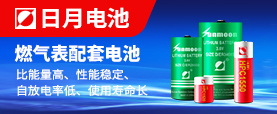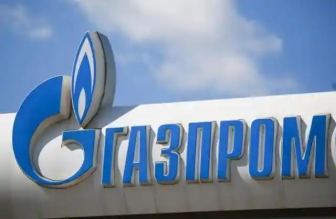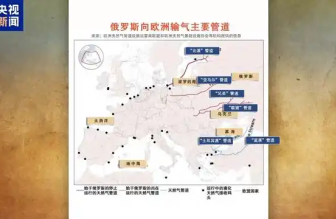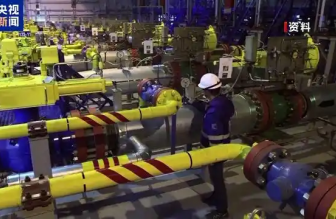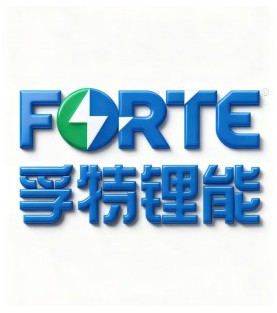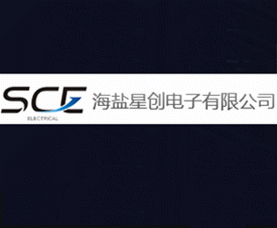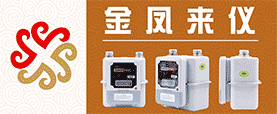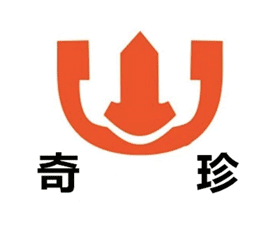讯 据彭博社10月12日消息称,据阿拉伯石油投资公司(Apicorp)称,尽管冠状病毒大流行抑制了天然气需求,但中东和北非地区的天然气项目投资仍将增加。
这家多边贷款机构周一在一份声明中说,2020年至2024年,该地区计划或正在开发的天然气项目将需要大约2110亿美元的投资。在先前的投资展望中,Apicorp估计,2019年至2023年期间的投资总额将达到1850亿美元。
总部位于沙特阿拉伯的Apicorp表示,卡塔尔是液化天然气最大的出口国,其计划投资将占到220亿美元。沙特阿拉伯与另外一个国家将是最活跃的,到2024年,两国计划和承诺的投资将达到近900亿美元。
中东国家正在筹划新的天然气项目,同时削减与石油相关的投资,尽管疫情已经重创了这两种化石燃料的价格。部分原因是各国政府正在推广使用天然气发电,而不是使用污染更严重的原油发电。
Apicorp的首席经济学家莱拉·贝纳利(Leila Benali)在彭博电视台上说,在未来两到三年内,争取液化天然气买家的斗争将变得“更加激烈”,如果全球液化天然气的价格保持低位,一些生产商可能会选择在家中消耗更多的天然气。
根据Apicorp的研究,国有企业和实体在该地区天然气项目的投资中占比高达92%。
曹海斌 摘译自 彭博社
原文如下:
Natural gas investments to climb, despite present demand weakness
Investment in natural gas projects across the Middle East and North Africa will rise, even as the coronavirus pandemic damps demand for the fuel, according to Arab Petroleum Investments Corp.
Gas projects planned or under development in the region will require around $211 billion in investment between 2020 and 2024, the multilateral lender said Monday in a statement. In its previous investment outlook, Apicorp estimated that spending would total $185 billion between 2019 and 2023.
Expansion of output in Qatar, the biggest exporter of liquefied natural gas, will account for $22 billion of planned investment, Saudi Arabia-based Apicorp said. Saudi Arabia and the other country are set to see the most activity, with almost $90 billion of planned and committed investment between them by 2024.
Middle Eastern states are lining up new gas projects while cutting oil-related investments, though the pandemic has battered prices for both fossil fuels. This is partly because governments are promoting the use of gas to produce electricity instead of crude, a more polluting alternative.
The battle to secure LNG buyers will become “fiercer” over the next two or three years, and some producers may opt to consume more gas at home if global prices for LNG remain low, Apicorp’s Chief Economist, Leila Benali, said on Bloomberg TV.
State-run companies and entities account for as much as 92% of investments in the region’s gas projects, according to Apicorp research.






